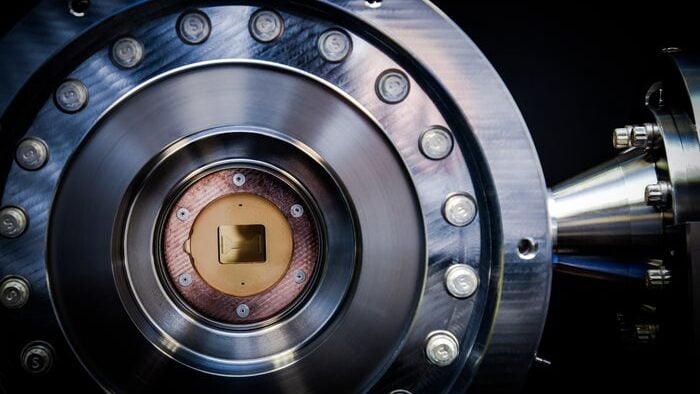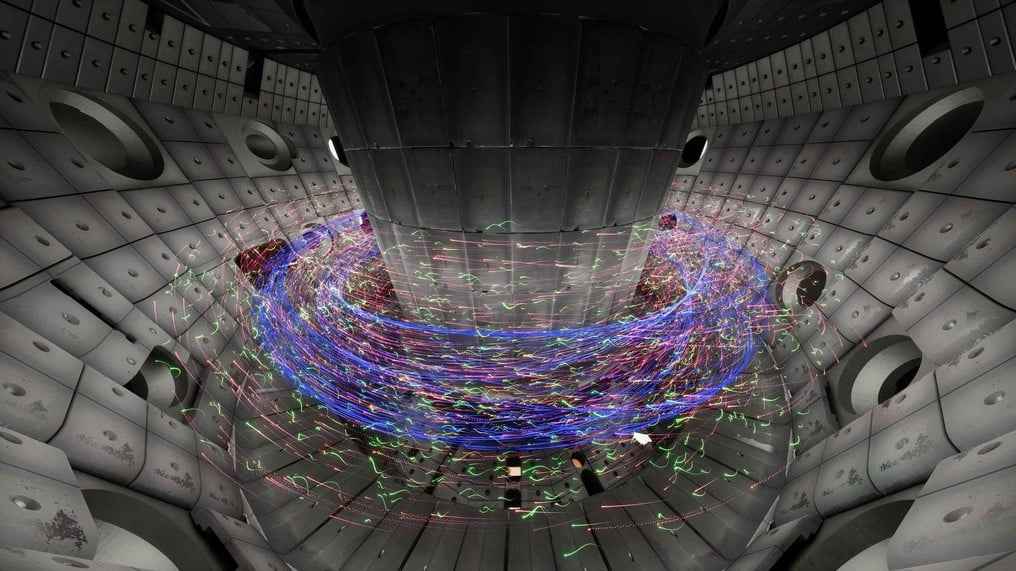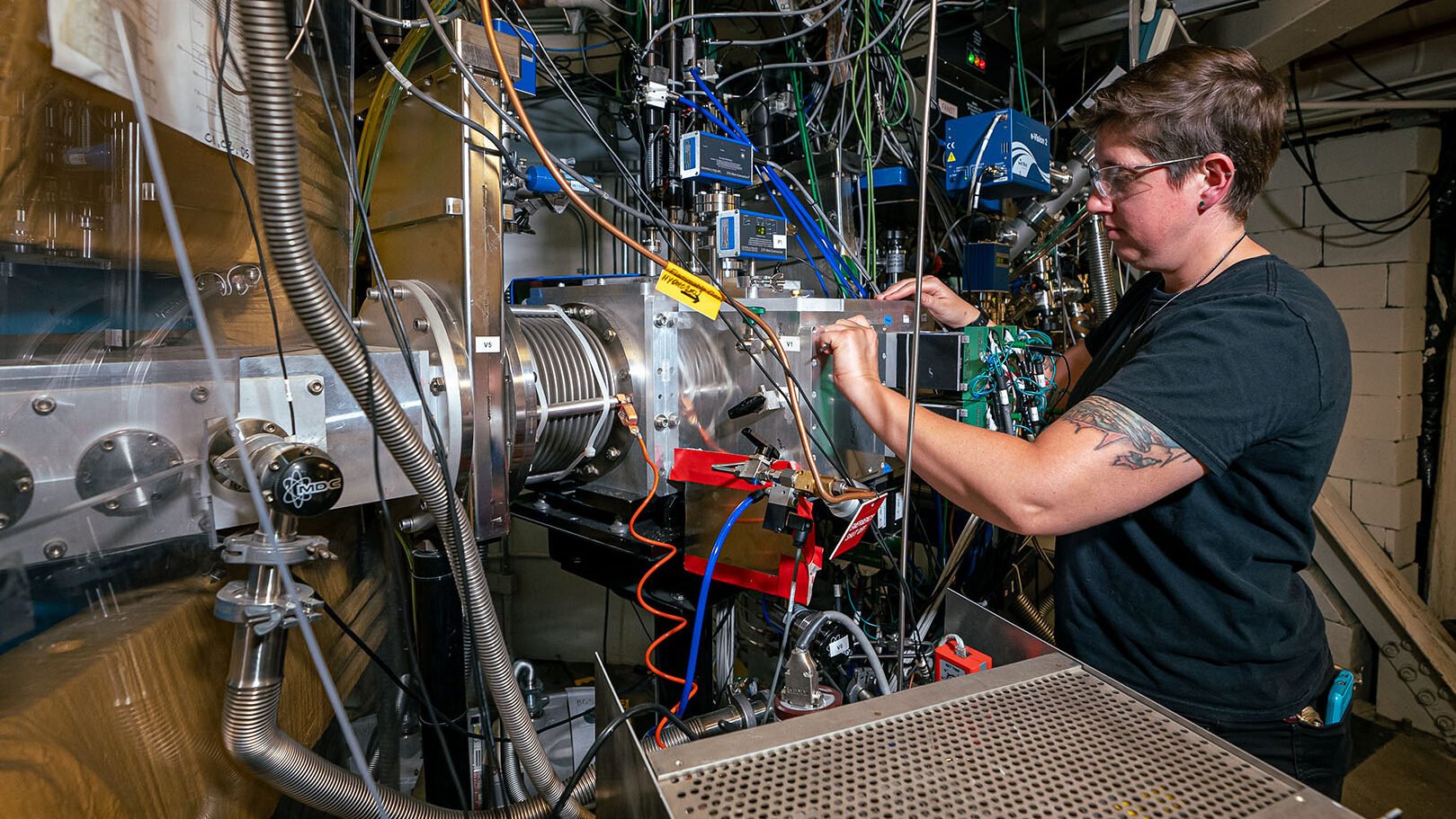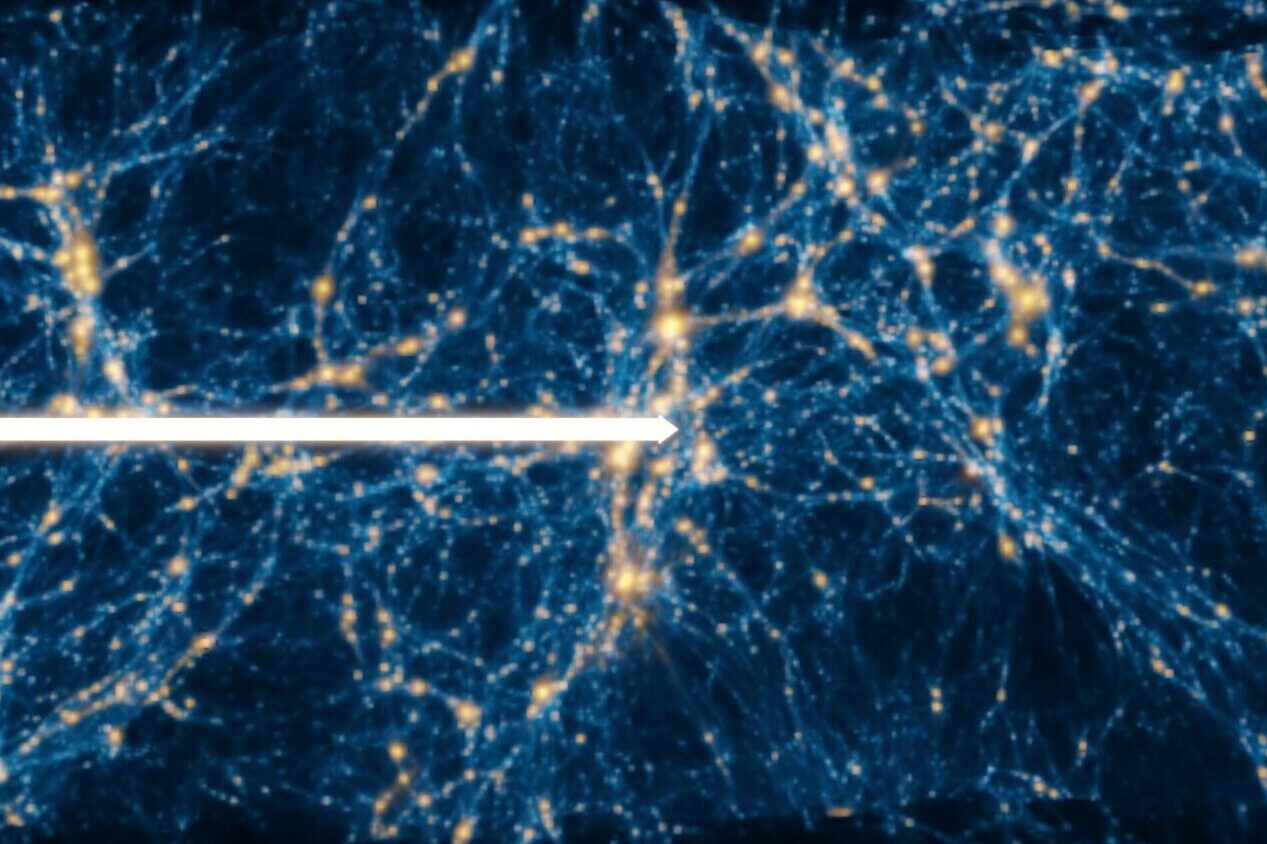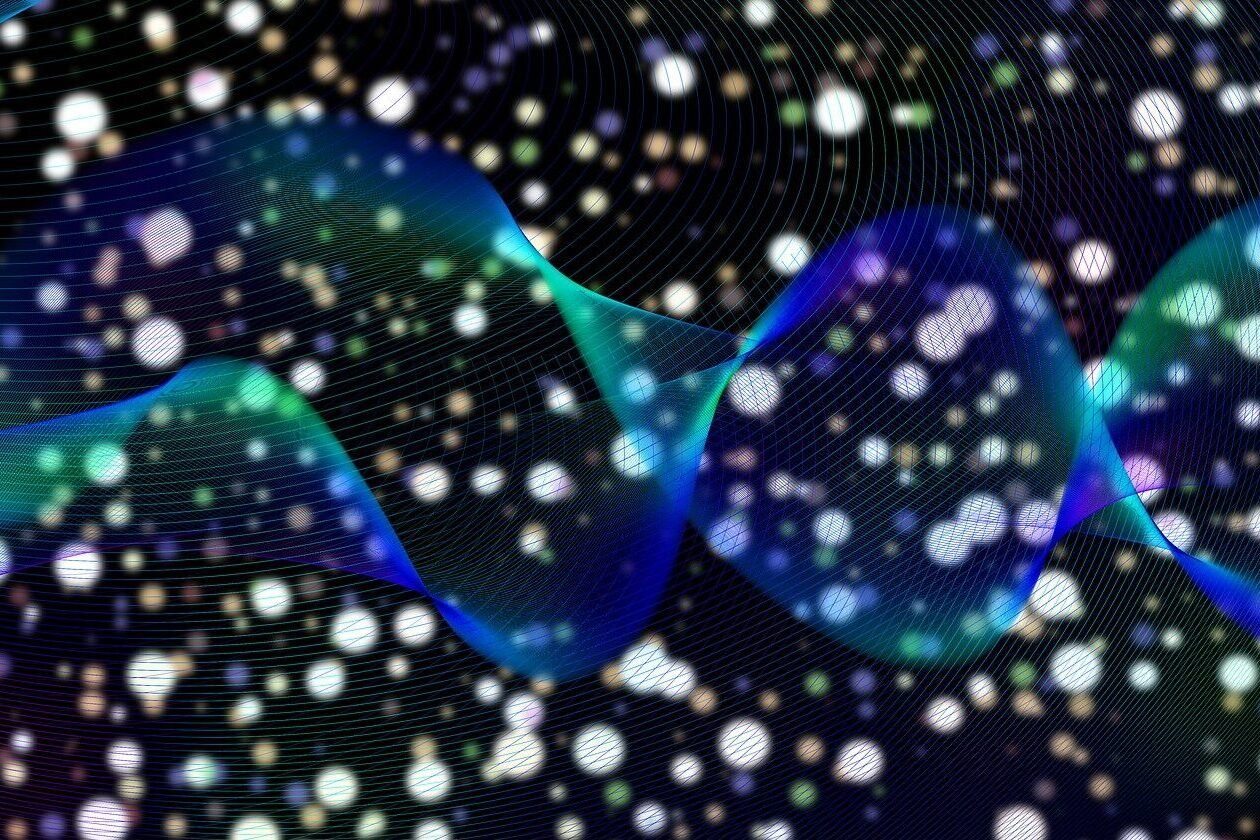Quantum computing company Quantinuum recently unveiled a quantum computer that has reportedly surpassed a milestone achievement by Google’s quantum computer by a factor of 100. This breakthrough builds upon Google’s 2019 demonstration of “quantum supremacy,” where a quantum computer outperformed a state-of-the-art classical computer using a benchmark called linear cross entropy.
Understanding Quantum Computing
Quantum computers leverage the principles of quantum mechanics to perform computations. Unlike classical bits which represent 0 or 1, quantum bits, or qubits, can exist in a superposition of both states simultaneously. This unique property allows quantum computers to explore a vast number of possibilities concurrently, potentially solving problems beyond the reach of classical computers.
Current quantum computers rely on technologies like supercooled atoms arranged in arrays to create and manipulate qubits. These delicate quantum states are easily disrupted, requiring specialized research and laboratory environments.
Quantinuum’s Breakthrough Performance
Quantinuum’s latest achievement significantly surpasses Google’s 2019 result, where their Sycamore processor completed a task in 200 seconds that would have taken a supercomputer approximately 10,000 years.
Quantinuum achieved this milestone by upgrading their H2-1 processor from 32 to 56 qubits, dramatically boosting its computational power. The company also reported a 30,000-fold reduction in power consumption compared to a classical computer performing the same operation.
Furthermore, the H2-1 processor set a new record for the cross entropy benchmark, a key metric for evaluating quantum computer performance. Google’s 2019 score was approximately 0.002, while H2-1 achieved a score of around 0.35. This represents significant progress towards the ideal score of 1.0, highlighting the growing computational advantage of quantum computers. Quantinuum’s research is currently available on the arXiv preprint server.
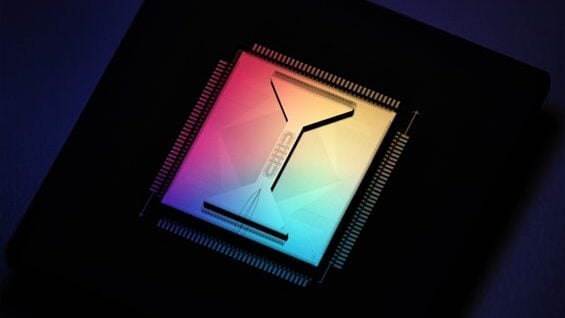 The Quantinuum H2-1 Ion-trap with 56 qubits.Quantinuum’s H2-1 ion-trap quantum computer with 56 qubits. Image: Quantinuum
The Quantinuum H2-1 Ion-trap with 56 qubits.Quantinuum’s H2-1 ion-trap quantum computer with 56 qubits. Image: Quantinuum
Exploring the Potential of Quantum Computing
Quantum computers are paving the way for advancements in information processing, including data storage, transfer, and computation. Researchers have demonstrated the potential for quantum computers to perform computations that mimic time travel, challenging the conventional understanding of the arrow of time.
Other research has explored the possibility of creating quantum wormholes, theoretical portals for instantaneous quantum information transfer. Quantinuum has also contributed to this field, creating a novel phase of matter using their quantum computer by manipulating qubits with lasers pulsed according to the Fibonacci sequence.
The Future of Quantum Computing
While the field of quantum computing may appear like science fiction, with its exploration of quantum phenomena for complex calculations, the technology continues to advance rapidly. Although currently limited to research environments, quantum computers are steadily shaping the future of computing, with diverse potential applications ranging from practical problem-solving to seemingly fantastical possibilities.



